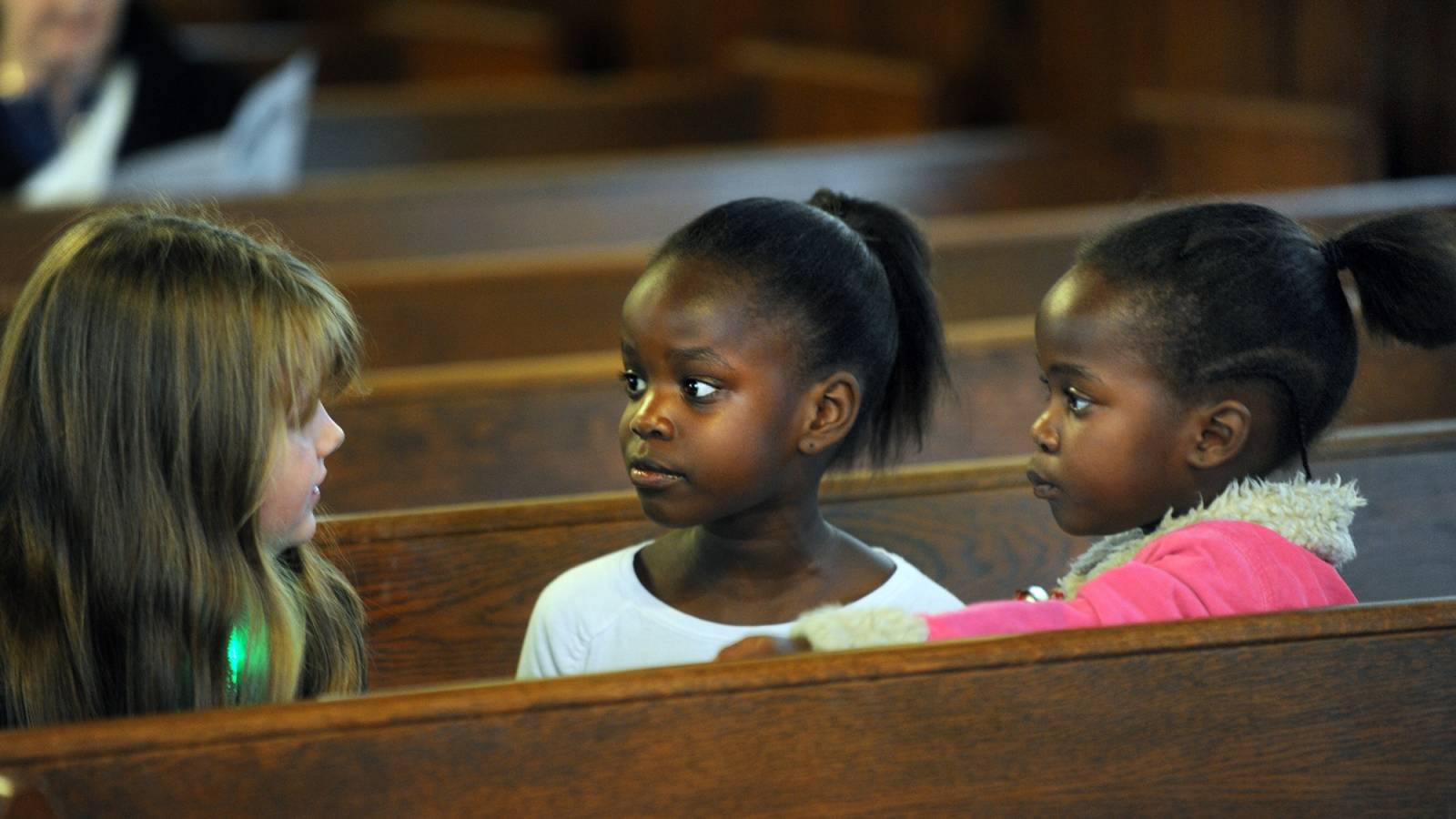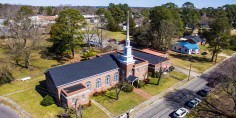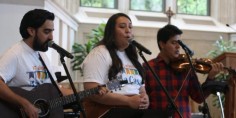In Durham, N.C., Duke’s Chapel United Methodist Church is giving its student pastor a house for his young family to call home. But if you ask members of the congregation, Pastor Innocent Justice is giving them just as much in return.
Now a student at Duke Divinity School, Justice was a young man living in his native Rwanda during the war and genocide in the 1990s. After witnessing the murder of his father and losing several other family members in the violence, he fled his country and lived for two years as a refugee in the Democratic Republic of the Congo.
He’s working at Duke’s Chapel as part of the Divinity School’s field education program, an internship supported by The Duke Endowment. The program, as old as the Divinity School itself, has a goal of “forming leaders for the church.” The idea is to learn by doing, taking the theology learned in the classroom and applying it in the real world.
For Duke’s Chapel and several other churches in North Carolina, the field education program has brought international students to small, rural congregations, and created enriching experiences for everyone involved.
“It strengthens the congregations by helping them live in the Christian call to hospitality,” says the Rev. Julia Alliger, pastor at Duke’s Chapel. “By opening our doors to people who come from such different experiences, we can begin to imagine what ‘one body in Christ’ really means.”
Learning by Doing
At Duke Divinity School, the field education program gives students who are earning their Master of Divinity a chance to move beyond the campus to “practice” their ministry and reflect on their calling.
The students must have at least two field placements during their three years of study. Some may lead Sunday school classes, Bible studies, or church services, or create a youth program for a congregation that never had one. Others perform all of the duties a pastor normally handles in a rural church, with the help of a mentoring pastor.
The Duke Endowment has funded field placements for decades, including scholarships and stipends for nearly 200 students annually.
Participants often say the program influences what they have to offer in ministry, and gives them a deeper appreciation for the leadership roles ministers have in churches and communities.
“The opportunities that were opened to me… gave me the chance to see and experience things that otherwise I never would have,” says one former student. “It broadened and shaped what I have to offer to local church ministry.”






